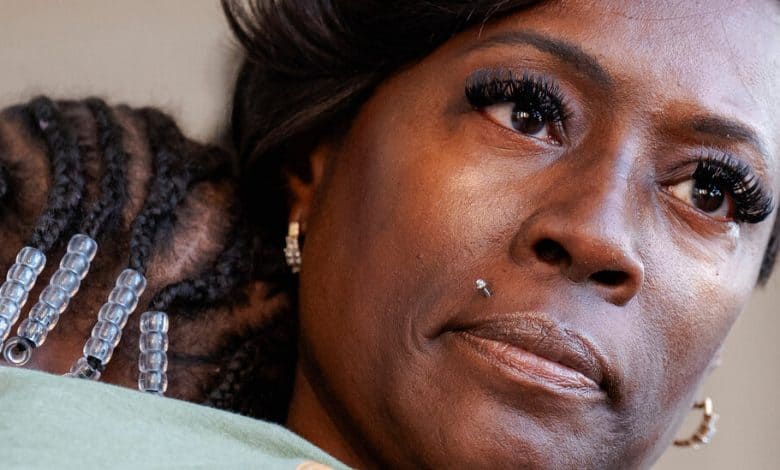How Some Red State Prosecutors Pursue Injustice

When a Texas appeals court reversed itself last week and acquitted Crystal Mason, a mother of three, in a voting fraud case, it ended almost a decade in which Ms. Mason lived in fear of being torn away from her family and imprisoned.
In 2018, she was sentenced to a five-year prison term for illegally casting a provisional ballot in the 2016 election.
While the prosecution of Ms. Mason may have failed, it still could have broader consequences in chilling people’s willingness to exercise their right to vote. Few would want to vote if it means going through what Ms. Mason did. As such, the reversal in her case cannot undo much of the damage that irresponsible Texas prosecutors wrought.
As the federal circuit court of appeals that oversees Texas recognized decades ago, “short of physical violence,” nothing has “a more chilling effect” on voting than “baseless arrests and prosecutions.” Unfortunately, that may be the point of bringing cases like Ms. Mason’s, as they suggest apparent racial disparities at work in voting-fraud prosecutions.
In November 2016, Ms. Mason went to vote in the presidential election. She was on the fence about voting, but her mother convinced her: “If you can vote, go vote, you have to have your voice heard,” Ms. Mason recalled her saying.
But when she arrived at her precinct, she was surprised to learn that her name wasn’t on the rolls, so she cast a provisional ballot. In return for trying to do her civic duty, Texas prosecutors tried to put her in prison.
